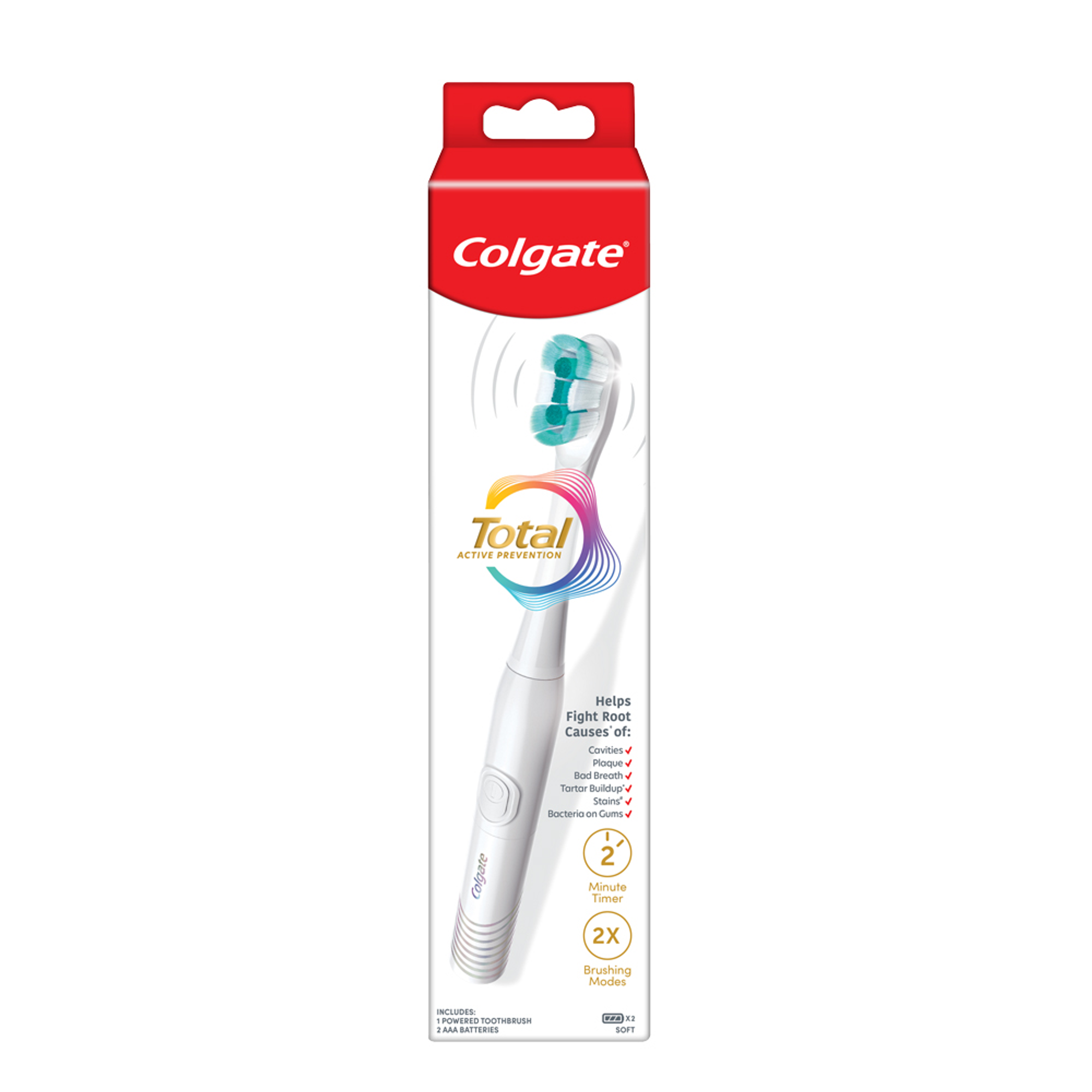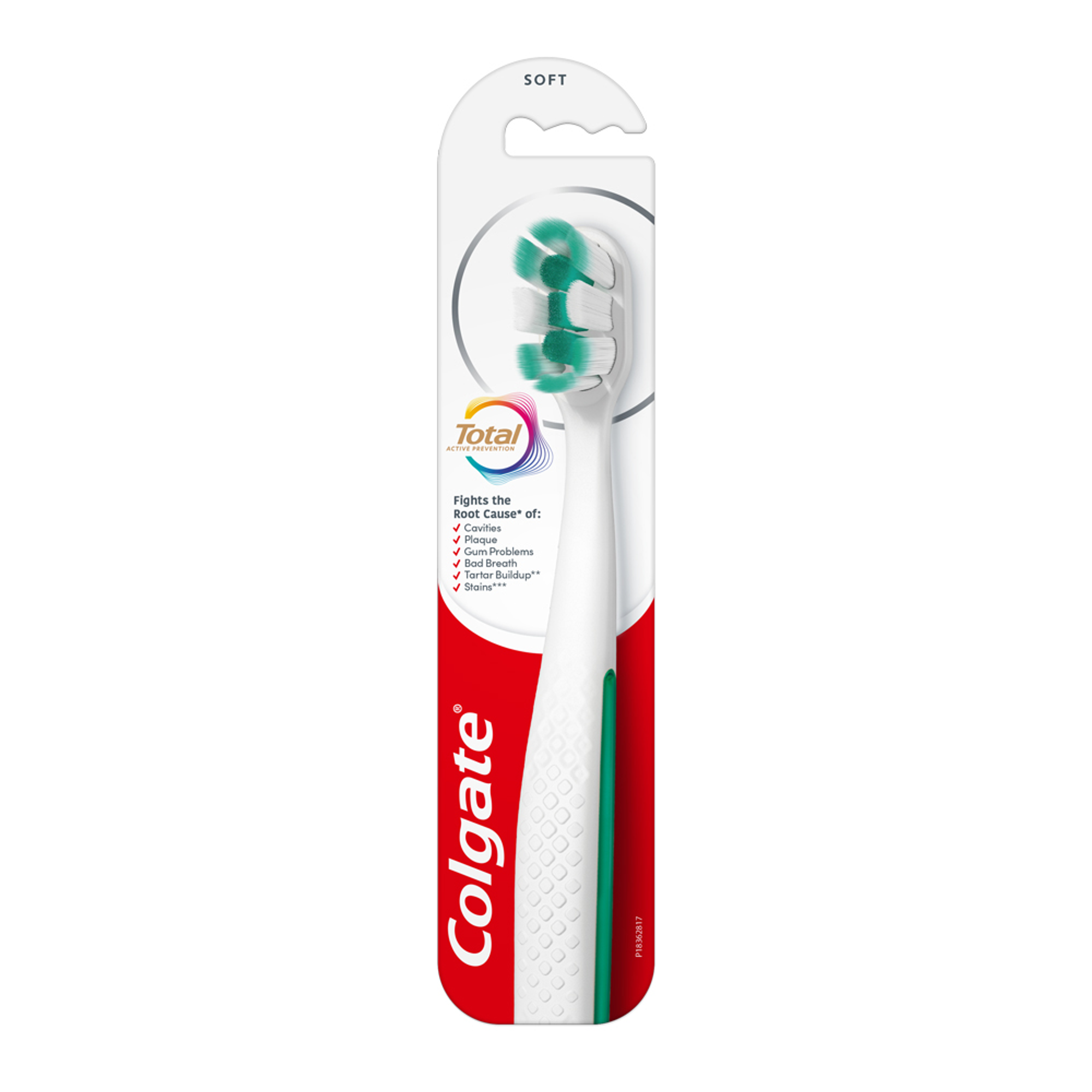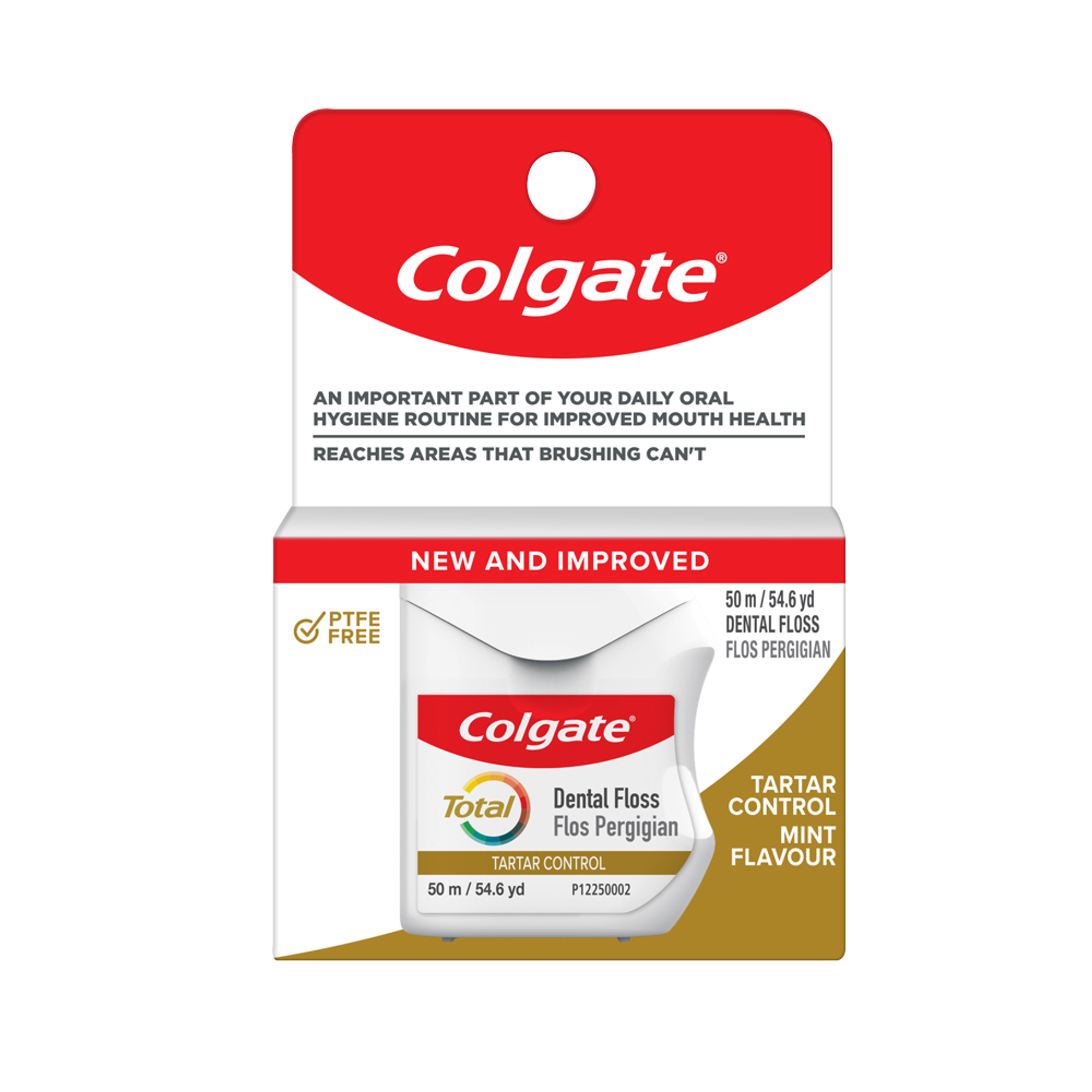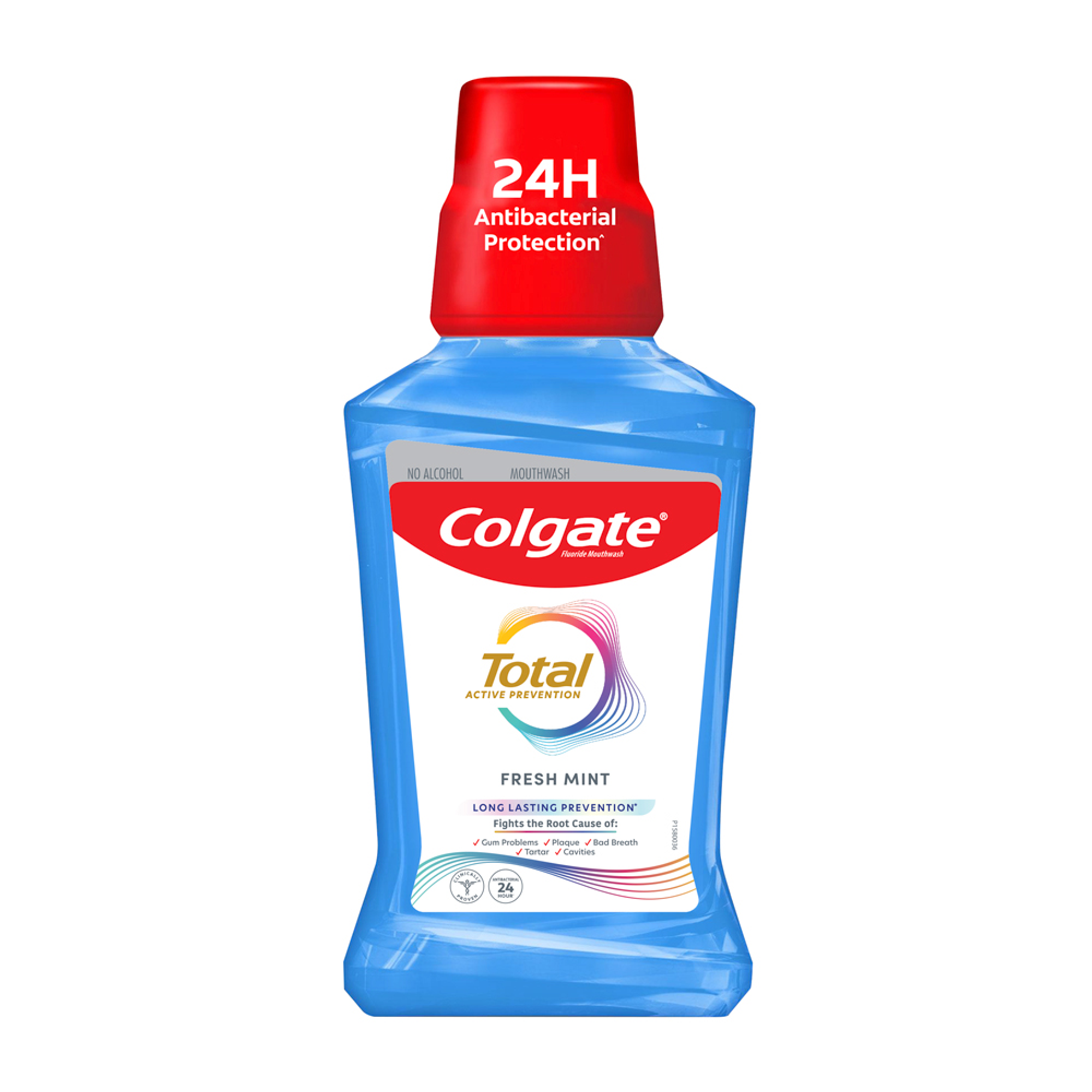- Oral Health and Dental Care | Colgate®
- Oral Health
- Antimicrobial Treatment for Periodontal Disease


Antimicrobial therapy is a form of oral treatment used to eliminate or reduce the development of bacterial infections in the mouth. The therapy aims to prevent periodontal disease resulting from infections, which can cause painful, bleeding gums and loosening of your teeth.
Preparation and Treatment
If your dentist decides you will benefit from antimicrobial treatment, they will likely start with scaling and root planing. This process removes plaque and calculus (tartar) from the sulcus area around the teeth using either a scaler or instruments as well as an ultrasonic scaling device. In severe cases where there are periodontal pockets greater than 5-6 mm deep, the dentist may recommend that the patient be seen by a periodontist to evaluate the area with deeper pocketing and determine if gum surgery may be necessary. The scaling and root planing and gum surgery treatments require local anaesthesia to reduce the patient's discomfort. The dental hygienist performs the scaling and root planing procedure.
During gum surgery, the periodontist makes an incision into the gum tissue, flaps the tissue back and cleans and scales the surface of the affected teeth and bone to remove the diseased tissue and infection. The gum tissue is then put back in place and sutured and the gum tissue will heal, and the periodontist will check the area a week or so after surgery. The use of an antiseptic mouthwash or antibiotic medication may be recommended for the next seven to 10 days.
Antiseptic Mouthwashes
Mouthwashes containing antiseptic ingredients help control the reproduction of the bacteria, which grow on the gum tissue in the mouth, and help to clean out the pockets around the individual teeth. The ingredients in antiseptic mouthwashes may include chlorhexidine, essential oils, and metal salts Sn11 and Zn11 to help control dental plaque and halitosis.
Antibiotic Medications
Antibiotics may be recommended in cases where a periodontal infection has arisen and there may be other oral conditions, such as treatment of necrotising ulcerative gingivitis, according to the Merck Manual. Other medications that may be prescribed for gum infections contain:
- Amoxicillin in cases where patients are allergic to penicillin.
- Clindamycin may be recommended in cases where a patient is allergic to amoxicillin.
- Chlorhexidine, which is used to control plaque and gingivitis as well as bleeding gum tissue in patients with moderate to severe gingivitis.
The dentist can also offer local antimicrobial therapy, which involves inserting an antibiotic treatment containing doxycycline or minocycline powder directly into the sulcus area around the gum tissue of the teeth in order to kill the bacteria causing the gum infection.
After Treatment
Maintaining a strict oral health routine is critical after antimicrobial therapy to make sure you get the benefit of the treatment. First, brush your teeth twice a day for at least two minutes each time, and floss at least once daily. Next, swish with a mouthwash which offers advanced gum protection for 45 percent stronger, healthier gums.
If your dentist prescribed any form of antibiotics, it's imperative you take the full course of medicine exactly as instructed to reduce the risk of infection.
Schedule an examination with your periodontist within two to three months after therapy to determine whether your infection has been eliminated and your mouth is healthy. Provided all is well, you can resume your regular routine of annual periodontal examinations, routine cleaning and polishing, and a full set of X-rays every four to five years.
Keep your mouth and teeth clean through the use of antimicrobial therapy and regular visits to see your dentist, dental hygienist and periodontist for overall health and mouth wellness.
Related Products

Helping dental professionals
More professionals across the world trust Colgate. Find resources, products, and information to give your patients a healthier future













